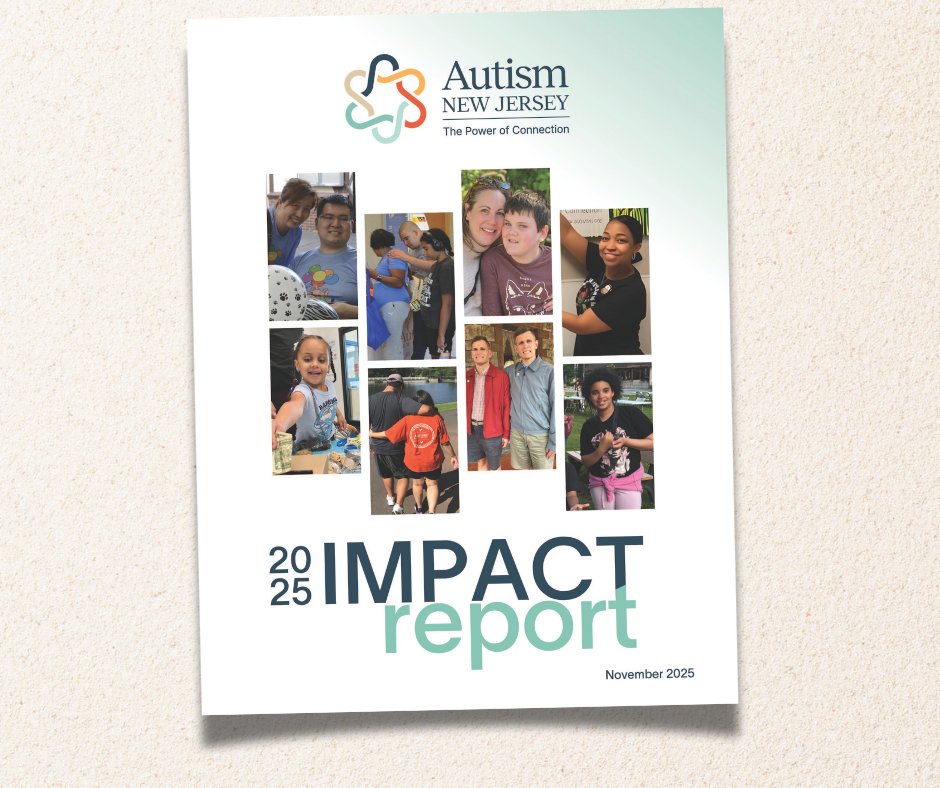
Extended School Year (ESY) is a term that describes educational services beyond those provided during the traditional 180-day school year. Although every student with a disability must be considered for ESY, not every student will be found eligible. The need for ESY services must be determined annually, regardless of whether a student has received services in the past. The determination is typically made by IEP team members at the time of the annual IEP meeting. As with other IEP determinations, parents are important members of that team, and their input must be considered.
While the criteria for including ESY services on an IEP remain largely unchanged in light of the COVID-19 pandemic, the widespread disruption of normal school routine and the transition to virtual learning has disproportionately affected special education students. ESY addresses the risk of future academic regression that may take place over the summer. If you feel like your child has already experienced regression due to the impact of the pandemic, you may be interested in learning about compensatory services.
Consideration for ESY services is based on a student’s individual needs. The IEP team considers a broad range of information in determining the need for ESY services and must consider a number of factors in the decision-making process. One standard for determining the necessity of ESY services is the regression/recoupment analysis. This considers the amount of “regression” a student would experience without educational programming and how long it would take a student to “recoup” or regain the skill level achieved prior to the interruption of the educational placement. However, this is not the only consideration that can be used to determine if a student is eligible.
Other criteria defined by the New Jersey Department of Education for determining the need for ESY are:
- the degree of impairment
- the ability of parents to provide for educational structure in the home
- the student’s behavioral and physical needs
- the student’s ability to interact with non-disabled peers
- the areas of the student’s curriculum which need continuous education
- the student’s vocational needs
- whether the services requested are an integral part of the students program or if they are extraordinary
Collecting data on a student’s progress towards achieving IEP goals and objectives can provide essential information in determining not just the need for ESY services but also which specific services are needed by a student. Critical times to collect such data are at the end of the school year, at the end of the ESY program, before and after school vacations, and even after long weekends.
After the need for ESY services has been determined, the IEP team needs to review the individual needs of the student to determine which services will be provided. The IEP team decides the type, duration and frequency of services during the ESY program. The goals and objectives can be continued in whole or in part of the school year IEP. A parent or guardian would want to confirm that related services would continue throughout the ESY services if they are needed to maintain skill levels in areas such as behavior, speech, occupational or physical therapy.
Many schools offer a few weeks of extended school year during the summer. This is often called a “summer program.” If the “summer program” does not meet a student’s individual needs then other options such as home instruction, recreational services to provide maintenance of IEP goals and objectives, vocational job sampling, etc. could be considered.
If you need more information about ESY services or have other special education advocacy questions, please feel free to contact Autism New Jersey at 800.4.AUTISM or information@autismnj.org
Originally posted 6/14/2014









